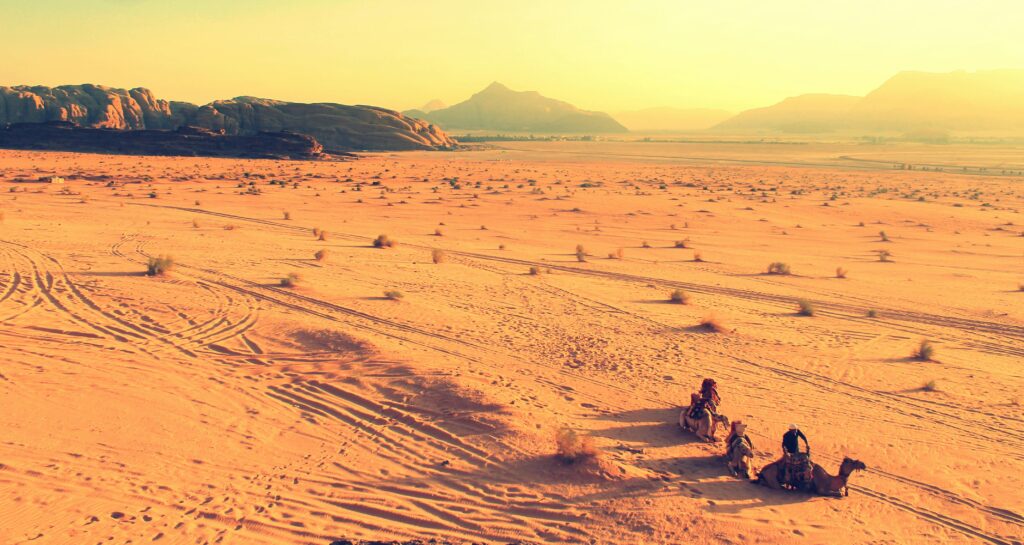
Africa
Welcome to the fascinating world of Africa, a continent teeming with diversity, rich history, and vibrant cultures. Spanning vast landscapes and encompassing over 50 countries, Africa is a continent of unparalleled beauty and complexity. From the iconic savannas of the Serengeti to the bustling markets of Marrakech, Africa captivates with its stunning natural scenery, ancient civilizations, and dynamic societies.
Join us on a journey through the heart of Africa as we explore its diverse geography, delve into its storied past, and celebrate the resilience and ingenuity of its people. From the towering peaks of Kilimanjaro to the pristine beaches of Seychelles, Africa offers a tapestry of experiences waiting to be discovered.
Embark on an adventure with us as we uncover the remarkable facts and fascinating stories that make Africa a truly unique and unforgettable destination. Whether you’re drawn to its wildlife-rich safaris, vibrant cultural festivals, or historic landmarks, Africa beckons with endless opportunities for exploration and discovery.
“Welcome to Asia Facts, your ultimate resource for exploring the captivating continent of Asia. From the Arctic’s icy expanses to the Indian Ocean’s tropical paradises, Asia stands as the largest and most populous continent on our planet. With its diverse cultures, rich histories, and varied landscapes, Asia is a realm of juxtapositions, where ancient traditions coexist with cutting-edge advancements. Join us on a journey through Asia’s enchanting tapestry, as we uncover its iconic landmarks, hidden treasures, and the compelling narratives that define this dynamic and ever-changing part of our globe.”
History
The history of Africa is a tapestry woven with threads of ancient civilizations, diverse cultures, and significant historical events that have shaped the continent’s trajectory over millennia. From the cradle of humanity to the complexities of modern nation-states, Africa’s story is one of resilience, innovation, and enduring legacies.
Early Civilizations: Africa is often referred to as the “cradle of humanity,” as it is believed to be the birthplace of Homo sapiens. Early human ancestors, such as Australopithecus and Homo habilis, roamed the continent millions of years ago. Some of the earliest complex civilizations emerged in Africa, including Ancient Egypt, with its awe-inspiring pyramids and sophisticated society along the Nile River.
Kingdoms and Empires: Africa’s history is marked by the rise and fall of numerous kingdoms and empires. The Kingdom of Kush flourished in present-day Sudan, known for its trade networks and impressive architecture. The Kingdom of Aksum, located in modern-day Ethiopia and Eritrea, was a powerful trading empire that controlled key trade routes in the region. West Africa was home to the great empires of Ghana, Mali, and Songhai, which thrived on trade in gold, salt, and other commodities.
Trans-Saharan Trade: Trade played a crucial role in connecting different regions of Africa and the world. The Trans-Saharan trade routes facilitated the exchange of goods, ideas, and cultures between North Africa and sub-Saharan Africa, contributing to the prosperity of various kingdoms and city-states.
Colonialism and the Scramble for Africa: The late 19th century saw the colonization of Africa by European powers during what is known as the “Scramble for Africa.” European nations, driven by imperial ambitions and the desire for resources, carved up the continent, imposing colonial rule on indigenous populations. This era had profound and lasting effects on Africa, including the exploitation of natural resources, the imposition of arbitrary borders, and the suppression of indigenous cultures and political systems.
Struggles for Independence: The 20th century witnessed the rise of nationalist movements across Africa, as people fought against colonial rule and for self-determination. Leaders such as Kwame Nkrumah of Ghana, Jomo Kenyatta of Kenya, and Nelson Mandela of South Africa became iconic figures in the struggle for independence. By the 1960s, many African countries had gained their independence, although the legacy of colonialism continued to shape their political, social, and economic landscapes.
Post-Colonial Challenges: The post-independence era brought both promise and challenges for Africa. Newly independent nations grappled with nation-building, economic development, and political stability. Issues such as corruption, ethnic tensions, and neocolonial influences have posed ongoing challenges to the continent’s progress.
Contemporary Africa: Today, Africa is a continent of contrasts, with thriving cities, burgeoning economies, and cultural diversity alongside persistent challenges such as poverty, disease, and political instability. Yet, Africa’s resilience and potential for growth are evident in its vibrant cultures, entrepreneurial spirit, and increasingly influential role on the global stage.
The history of Africa is a complex and multifaceted narrative that continues to unfold, shaped by the legacies of the past and the aspirations of its people for a brighter future.
Facts About Africa
Here are some concise and intriguing facts about Africa:
The Nile River: Africa’s Nile River is the world’s longest river, stretching over 6,650 kilometers (4,130 miles).
Mount Kilimanjaro: Located in Tanzania, Mount Kilimanjaro is Africa’s tallest peak, rising 5,895 meters (19,341 feet) above sea level.
The Sahara Desert: Africa is home to the Sahara Desert, the world’s largest hot desert, covering 9.2 million square kilometers (3.6 million square miles).
Wildlife Diversity: Africa boasts incredible biodiversity, with iconic species like lions, elephants, and giraffes roaming its plains.
Linguistic Diversity: With over 2,000 languages spoken, Africa is one of the most linguistically diverse continents on Earth.
Great Zimbabwe: The ruins of Great Zimbabwe showcase an advanced civilization that thrived between the 11th and 15th centuries.
The Serengeti Migration: The Serengeti hosts one of the world’s most spectacular wildlife migrations, attracting millions of animals annually.
Victoria Falls: Victoria Falls, located on the Zambia-Zimbabwe border, is one of the largest waterfalls on Earth, earning it the nickname “Smoke that Thunders.”


